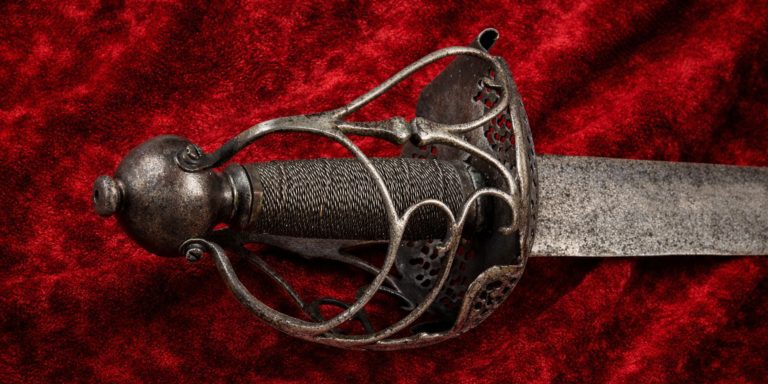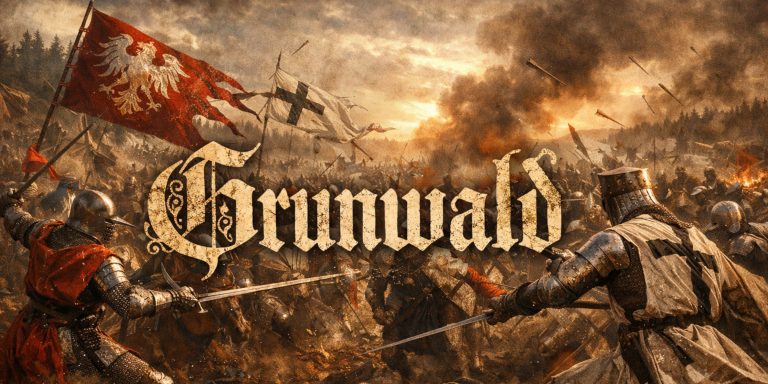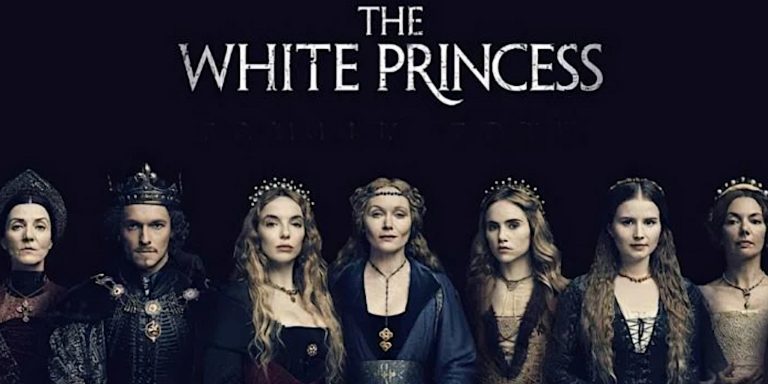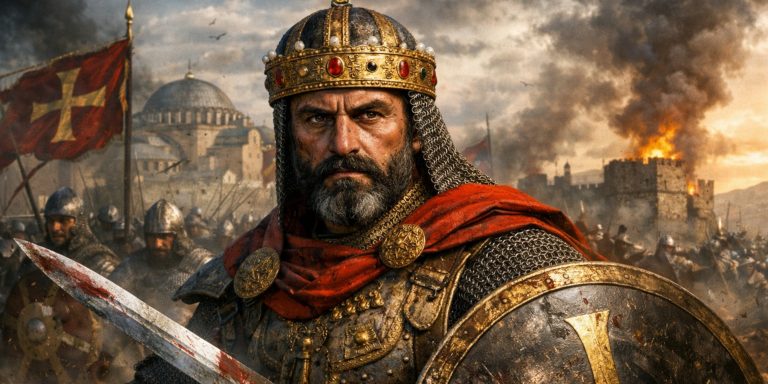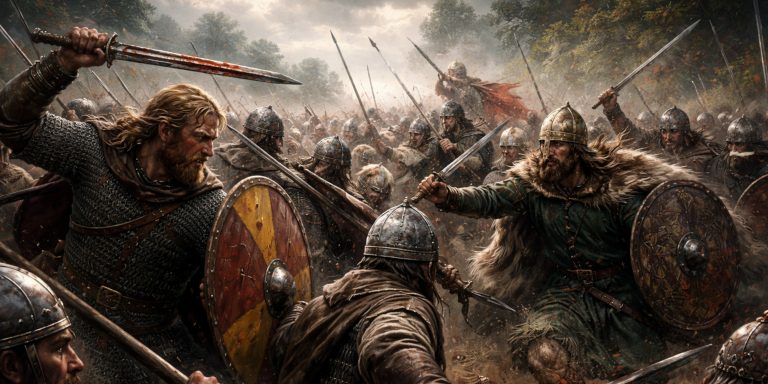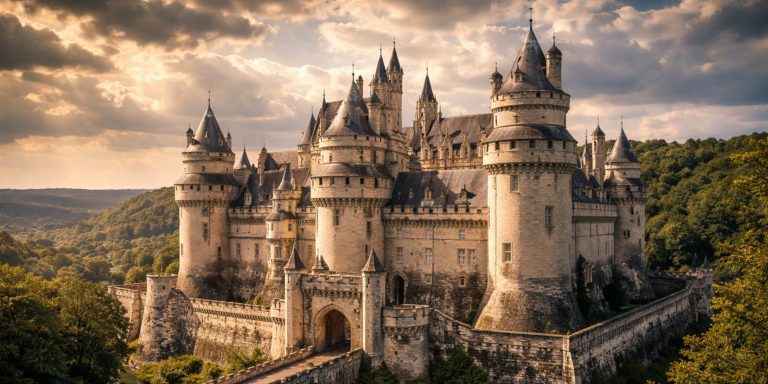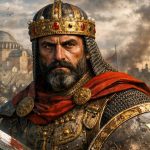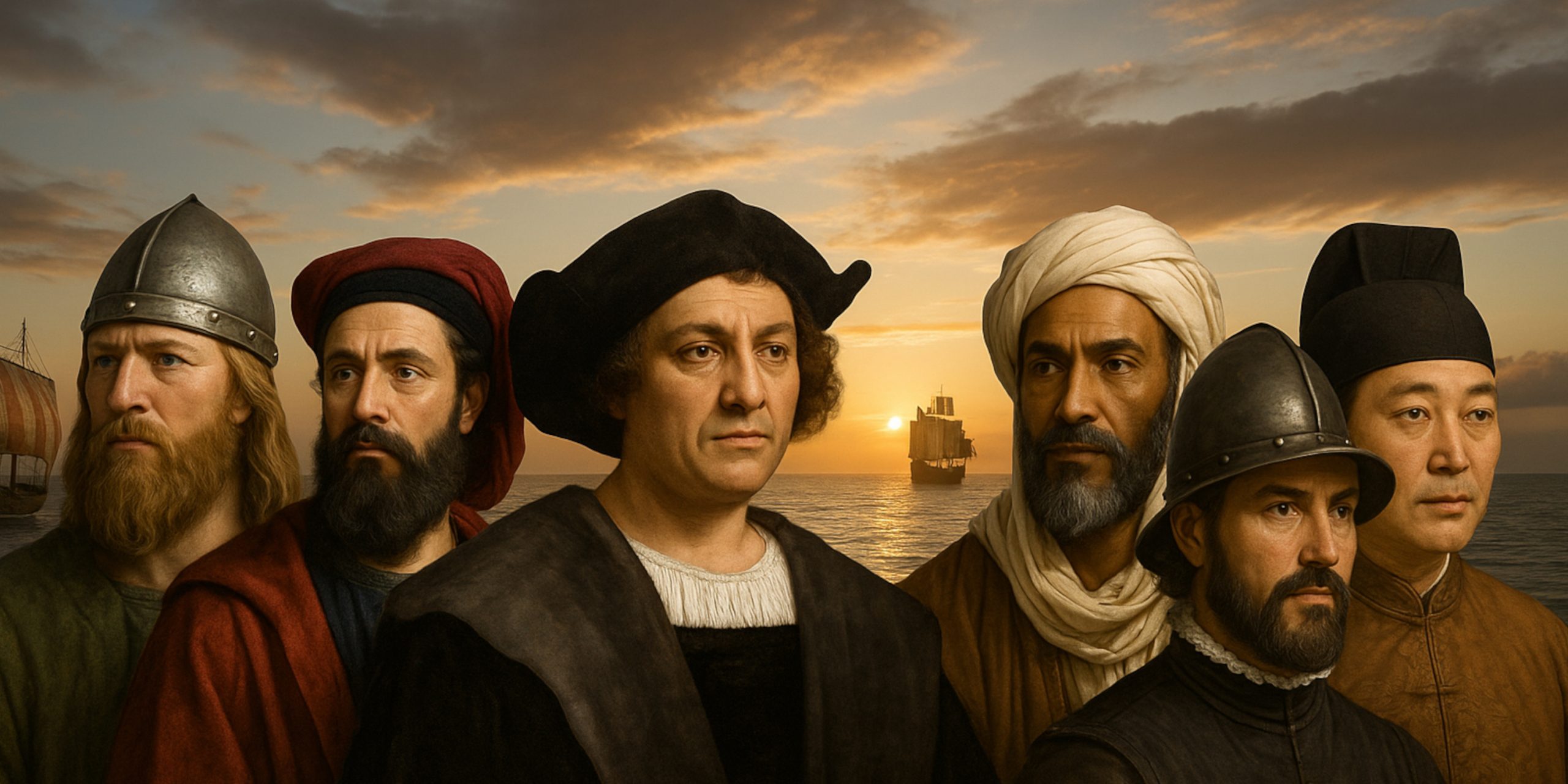
From ancient seafarers to modern adventurers, these explorers shaped the world we know today.
Exploration has always been tied to ambition, risk, and the unknown. From early navigators mapping coastlines to those who crossed oceans or endured polar extremes, explorers pushed boundaries both literal and cultural. Some were driven by conquest, others by science or survival. Their actions reshaped maps, redefined trade, and altered the course of history.
Marco Polo (1254–1324)
Region explored: Asia
Legacy: Introduced Europe to Central Asia and China through detailed accounts of his travels
Marco Polo’s journey along the Silk Road and time in the court of Kublai Khan became one of the most influential travel narratives in history. While some doubted the accuracy of his accounts, his writings stirred European interest in Asia and inspired future expeditions, including Columbus.
Christopher Columbus (1451–1506)
Region explored: The Americas (Caribbean and parts of Central and South America)
Legacy: Initiated sustained European contact with the New World
Though he never reached mainland North America, Columbus’s voyages marked a turning point in global history. His arrival in the Caribbean opened the floodgates for European colonisation, trade, and conquest.
Ibn Battuta (1304–1369)
Region explored: North Africa, the Middle East, Central Asia, India, China
Legacy: Travelled over 70,000 miles, providing detailed descriptions of the Islamic world
Often overlooked in the Western canon, Ibn Battuta’s extensive travels across the Muslim world offer a unique and vital perspective on 14th-century civilisation. His writings are among the most comprehensive records of the medieval Islamic world.
Ferdinand Magellan (1480–1521)
Region explored: Circumnavigation of the globe
Legacy: Initiated the first circumnavigation of Earth, proving the vastness of the planet
Although Magellan died in the Philippines before completing the voyage, his expedition, completed by Juan Sebastián Elcano, reshaped geographical understanding and proved that the Earth could be circled by sea.
James Cook (1728–1779)
Region explored: Pacific Ocean, including Australia, New Zealand, and Hawaii
Legacy: Mapped previously uncharted territories with unprecedented precision
Cook’s voyages laid the groundwork for British colonisation in the Pacific. He also made major contributions to science, including studies of flora, fauna, and indigenous societies.
Zheng He (1371–1433)
Region explored: Southeast Asia, India, the Middle East, East Africa
Legacy: Led China’s vast maritime expeditions under the Ming Dynasty
Commanding massive fleets, Zheng He’s voyages showcased China’s naval capabilities and facilitated trade and diplomacy across the Indian Ocean. After his death, however, China turned inward, ending this brief era of maritime exploration.
Hernán Cortés (1485–1547)
Region explored: Mexico
Legacy: Led the Spanish conquest of the Aztec Empire
A controversial figure, Cortés’s expeditions resulted in the collapse of one of the most powerful pre-Columbian empires. His actions shaped the course of Latin American history and laid the foundations for Spanish rule.
Roald Amundsen (1872–1928)
Region explored: Arctic and Antarctic
Legacy: First to reach the South Pole
Amundsen was a master of polar navigation. He became the first to traverse the Northwest Passage and led the expedition that reached the South Pole in 1911, beating his rival Robert Falcon Scott by weeks.
Leif Erikson (c. 970–c. 1020)
Region explored: North America (Vinland, possibly Newfoundland)
Legacy: One of the first Europeans to set foot in North America
Centuries before Columbus, Leif Erikson sailed west from Greenland and is believed to have landed in what is now Canada. Though his discovery did not lead to permanent settlement, it challenged later claims of European primacy.
David Livingstone (1813–1873)
Region explored: Central and Southern Africa
Legacy: Combined exploration with missionary work and anti-slavery activism
Livingstone’s travels across the African interior brought him international fame. His reports shaped European views of Africa and sparked further colonial interest. He also played a role in exposing the brutality of the East African slave trade.
Amerigo Vespucci (1454–1512)
Region explored: South America
Legacy: The Americas were named after him
Vespucci’s detailed letters and maps helped establish that the lands discovered by Columbus were not Asia, but a new continent altogether. His contributions were later honoured in naming the Americas.
Ernest Shackleton (1874–1922)
Region explored: Antarctica
Legacy: Known for leadership and survival during the Endurance expedition
Although Shackleton never reached the South Pole, his Antarctic expeditions are remembered for their daring and resilience. The story of the Endurance’s entrapment in ice and the crew’s survival is one of the greatest feats of leadership and endurance in exploration history.
The Seven Swords Takeaway
Exploration is not always noble, nor is it free from conflict or exploitation. These individuals often operated in service of empires, with consequences that reshaped indigenous worlds. Yet their actions also expanded human knowledge, spurred technological advancement, and challenged assumptions about geography and possibility. The legacy of exploration remains complex, reflecting both human ambition and its cost.
Watch the documentary:

